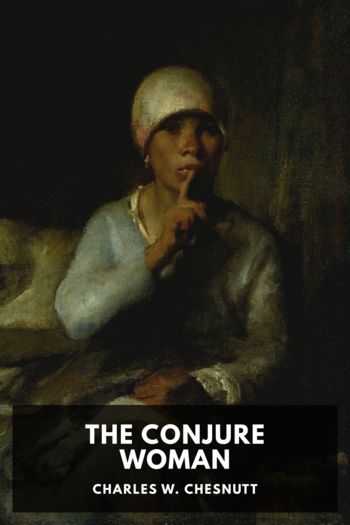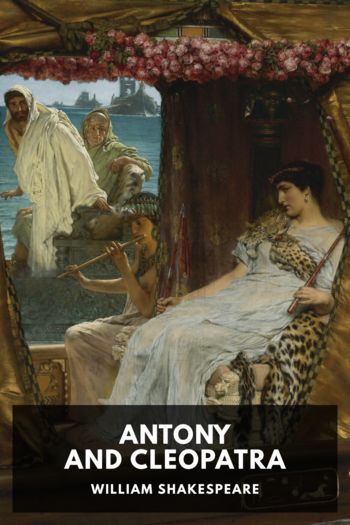Commentaries on the Gallic War, Julius Caesar [the chimp paradox TXT] 📗

- Author: Julius Caesar
Book online «Commentaries on the Gallic War, Julius Caesar [the chimp paradox TXT] 📗». Author Julius Caesar
P. Sextius Baculus, who had led a principal century under Caesar (of whom we have made mention in previous engagements), had been left an invalid in the garrison, and had now been five days without food. He, distrusting his own safety and that of all, goes forth from his tent unarmed; he sees that the enemy are close at hand and that the matter is in the utmost danger; he snatches arms from those nearest, and stations himself at the gate. The centurions of that cohort which was on guard follow him; for a short time they sustain the fight together. Sextius faints, after receiving many wounds; he is with difficulty saved, drawn away by the hands of the soldiers. This space having intervened, the others resume courage, so far as to venture to take their place on the fortifications and present the aspect of defenders.
The foraging having in the meantime been completed, our soldiers distinctly hear the shout; the horse hasten on before and discover in what danger the affair is. But here there is no fortification to receive them, in their alarm: those last enlisted and unskilled in military discipline turn their faces to the military tribune and the centurions; they wait to find what orders may be given by them. No one is so courageous as not to be disconcerted by the suddenness of the affair. The barbarians, espying our standard in the distance, desist from the attack; at first they suppose that the legions, which they had learned from their prisoners had removed farther off, had returned; afterwards, despising their small number, they make an attack on them at all sides.
The camp-followers run forward to the nearest rising ground; being speedily driven from this they throw themselves among the standards and companies: they thus so much the more alarm the soldiers already affrighted. Some propose that, forming a wedge, they suddenly break through, since the camp was so near; and if any part should be surrounded and slain, they fully trust that at least the rest may be saved; others, that they take their stand on an eminence, and all undergo the same destiny. The veteran soldiers, whom we stated to have set out together with the others under a standard, do not approve of this. Therefore encouraging each other, under the conduct of Caius Trebonius, a Roman knight, who had been appointed over them, they break through the midst of the enemy, and arrive in the camp safe to a man. The camp-attendants and the horse following close upon them with the same impetuosity, are saved by the courage of the soldiers. But those who had taken their stand upon the eminence having even now acquired no experience of military matters, neither could persevere in that resolution which they approved of, namely, to defend themselves from their higher position, nor imitate that vigour and speed which they had observed to have availed others; but, attempting to reach the camp, had descended into an unfavourable situation. The Centurions, some of whom had been promoted for their valour from the lower ranks of other legions to higher ranks in this legion, in order that they might not forfeit their glory for military exploits previously acquired, fell together fighting most valiantly. The enemy having been dislodged by their valour, a part of the soldiers arrived safe in camp contrary to their expectations; a part perished, surrounded by the barbarians.
The Germans, despairing of taking the camp by storm, because they saw that our men had taken up their position on the fortifications, retreated beyond the Rhine with that plunder which they had deposited in the woods. And so great was the alarm, even after the departure of the enemy, that when C. Volusenus, who had been sent with the cavalry, arrived that night, he could not gain credence that Caesar was close at hand with his army safe. Fear had so preoccupied the minds of all, that, their reason being almost estranged, they said that all the other forces having been cut off, the cavalry alone had arrived there by flight, and asserted that, if the army were safe, the Germans would not have attacked the camp: which fear the arrival of Caesar removed.
He, on his return, being well aware of the casualties of war, complained of one thing only, namely, that the cohorts had been sent away from the outposts and garrison duty, and pointed out that room ought not to have been left for even the most trivial casualty; that fortune had exercised great influence in the sudden arrival





Comments (0)